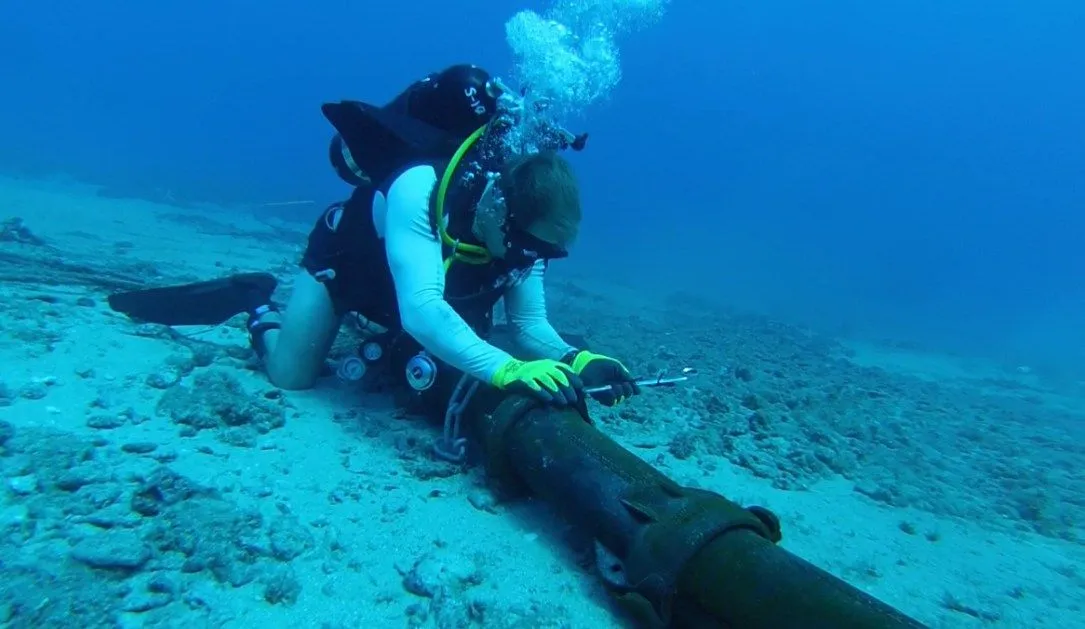There have been complaints of internet disruptions in Pakistan over the past few weeks. According to reports, two of the submarine cables coming to Pakistan have been damaged. To repair these cables, the company dispatched a ship, but due to the threat of attacks by Houthi rebels, the ship had to return. Now, it is expected that the cables will be repaired by the first week of October.
Details indicate that there are currently seven major and twelve minor cables coming to Pakistan. Two of these major cables are damaged. The cables coming to Pakistan are transit cables, meaning they are linked to the main cables, while the cables going to India are the main cables. Pakistan’s internet speed is 12 data bytes per second, while India’s is 140 data bytes per second.
Also Read: How to Register Your VPN in Pakistan: Complete Guide
The question arises that despite having 170 internet service providers, the speed is slow due to poor infrastructure. Moreover, Pakistan is among the countries with the highest number of cyberattacks. According to a report by Great, Pakistan faces 16 million cyberattacks annually, 59% of which are related to banking fraud and 35% are conducted through VPNs and unverified software. The report also indicates that 24.4% of Pakistanis have fallen victim to cyberattacks in one way or another.
Internet Disruptions in Pakistan: Repair of Submarine Cables Delayed Due to Houthi Rebel Threats
In addition to complaints of citizens’ data being stolen, there are also frequent reports of the most secure NADRA (National Database and Registration Authority) data being compromised. There has also been an increase in blasphemy and online harassment cases. IT experts believe that along with improving the infrastructure, internet monitoring is crucial to prevent these threats. A firewall is not a barrier to freedom of expression but an internet management system aimed at safeguarding user data and providing them with faster internet service.



